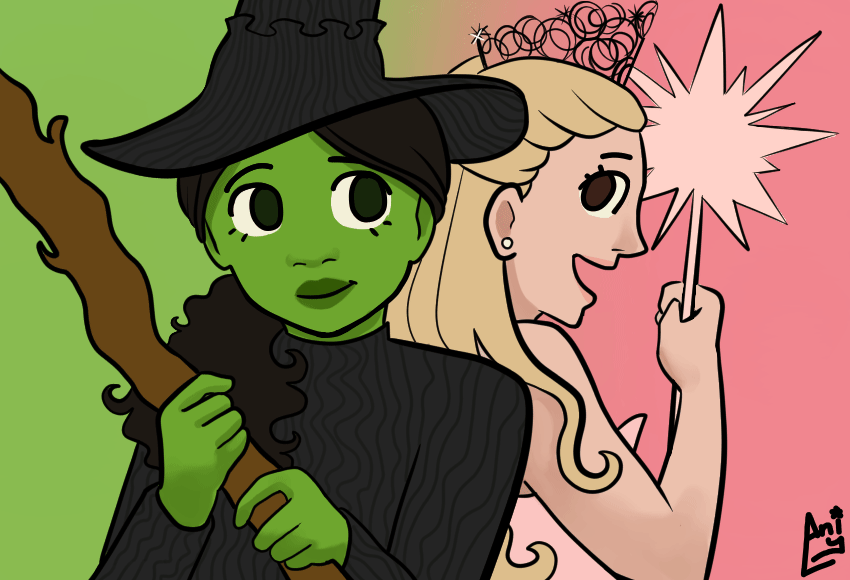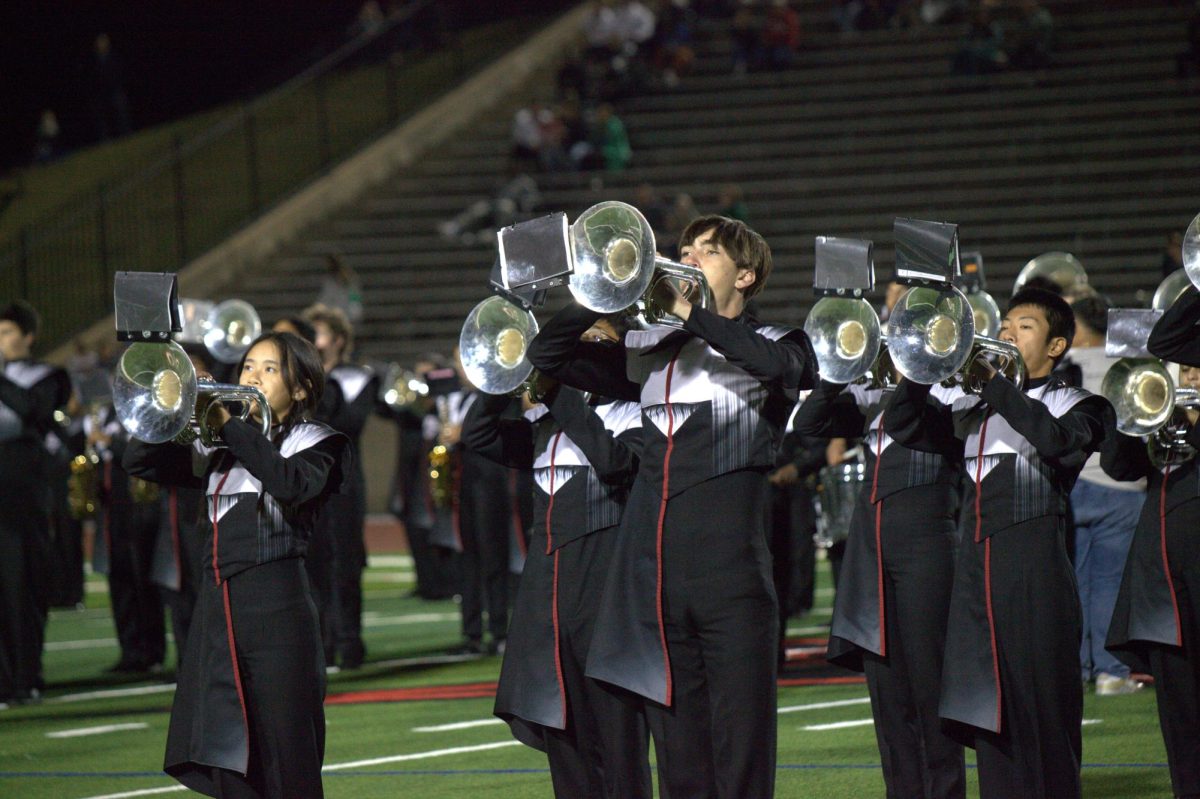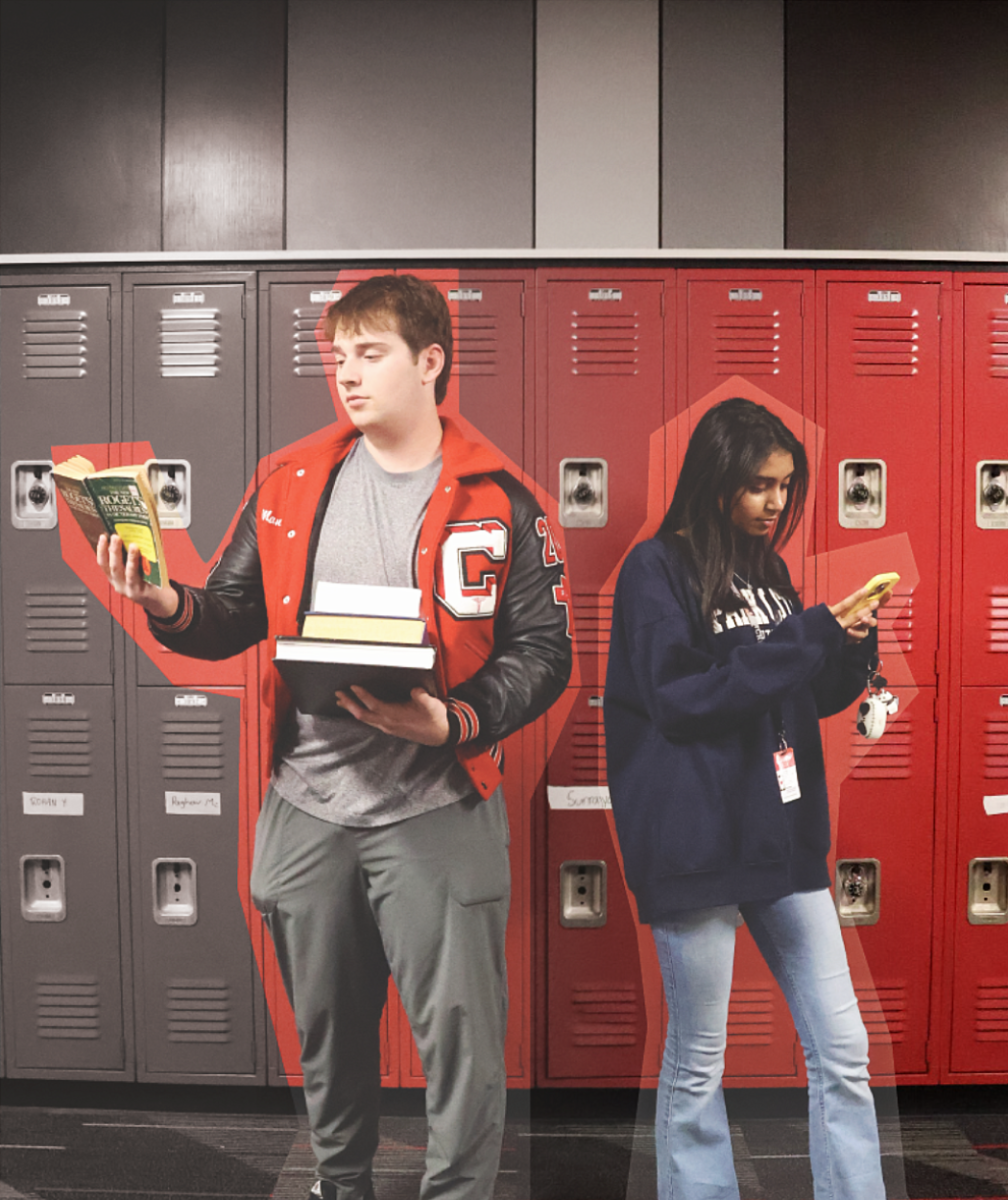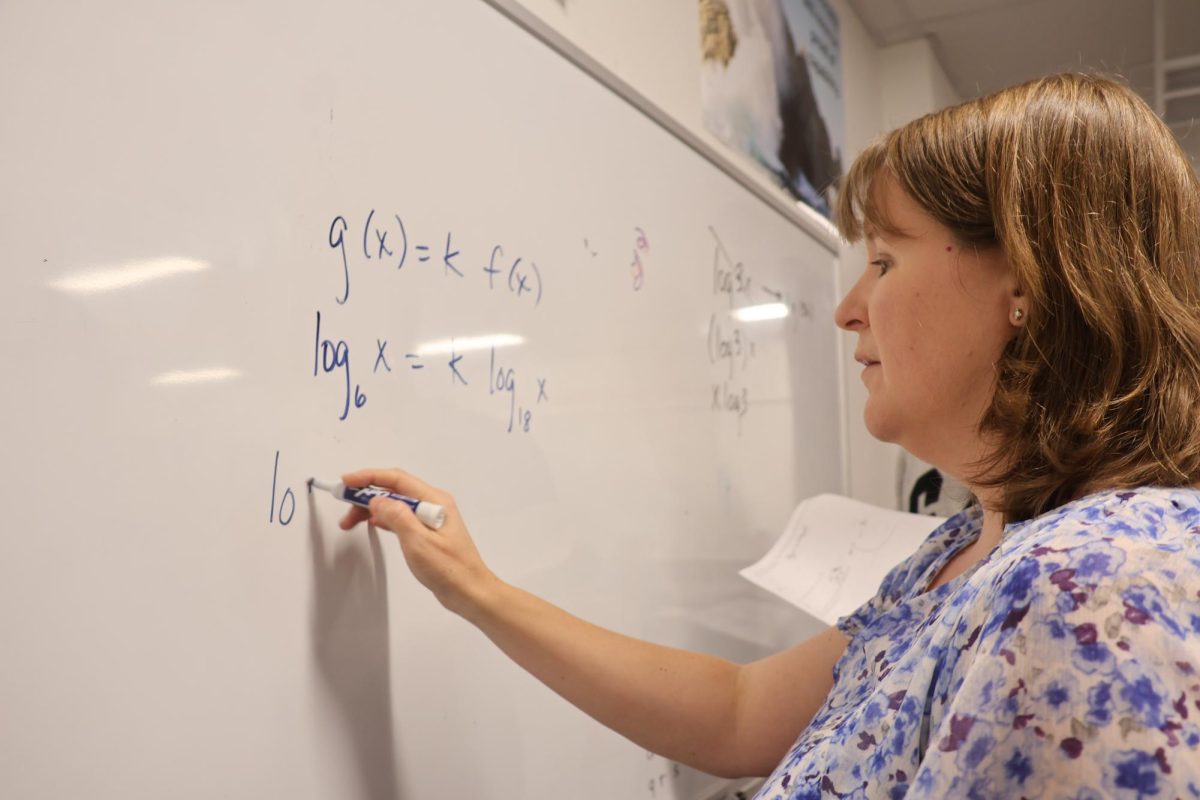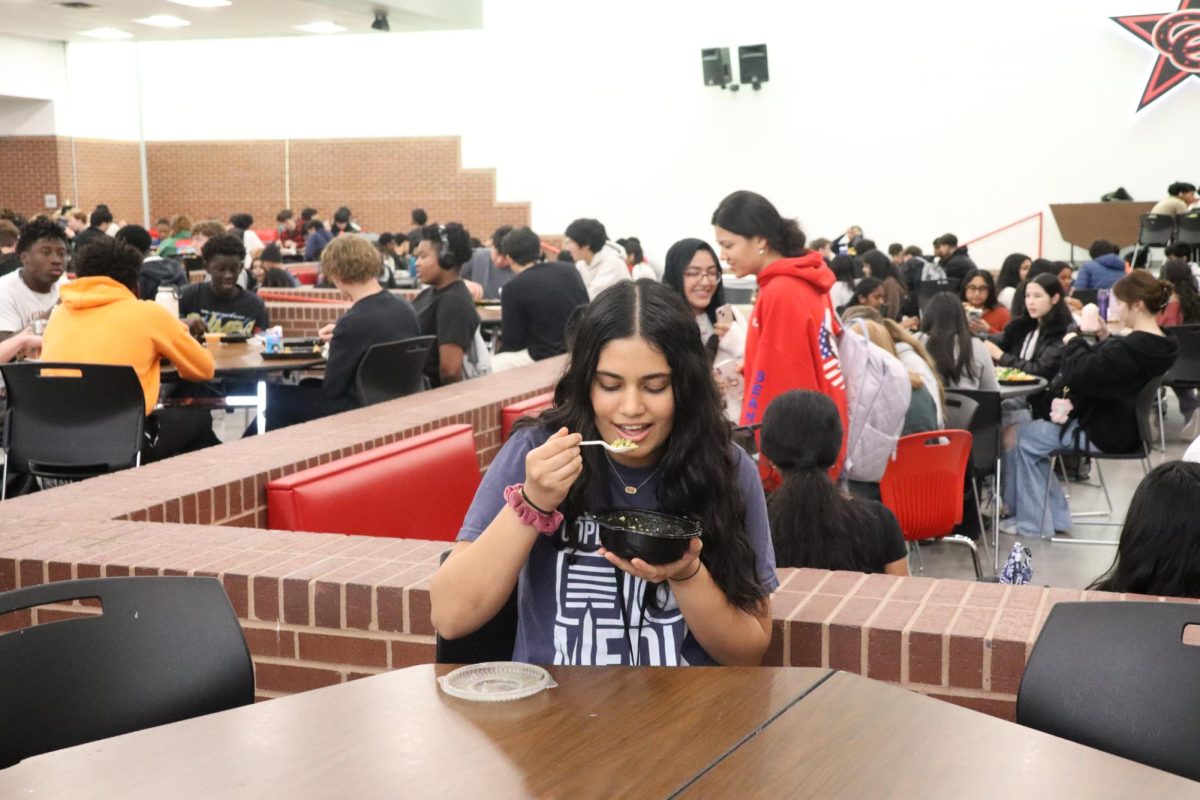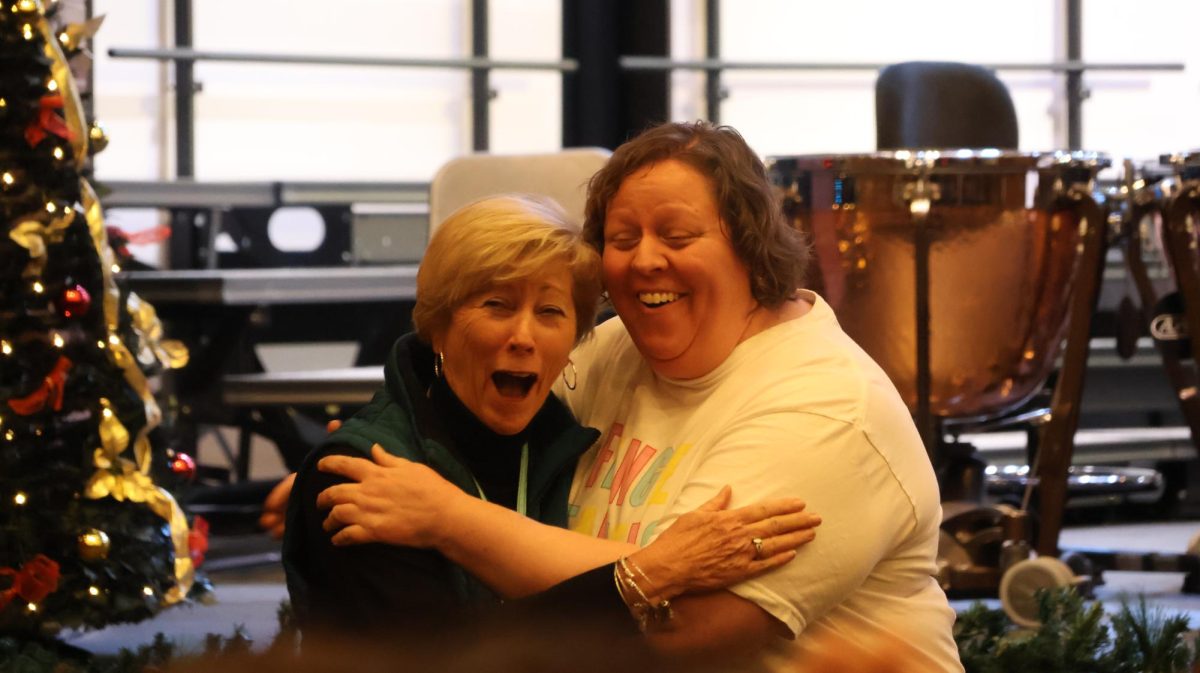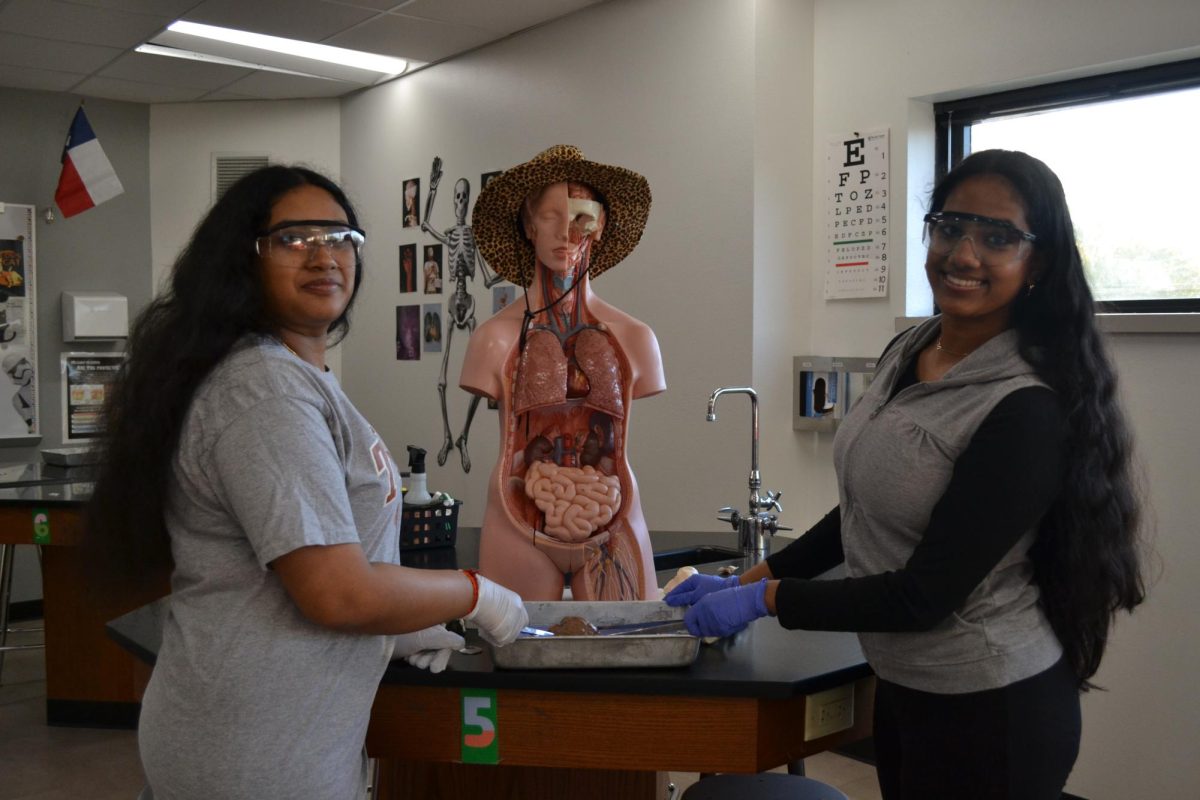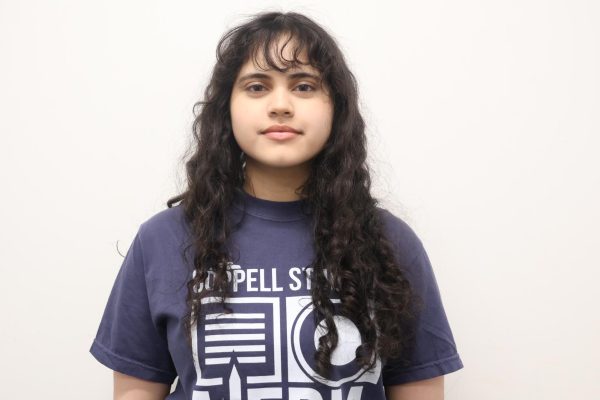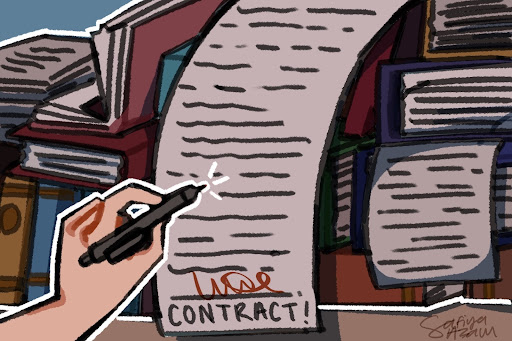
Lately, it would appear America is going through a repeat of history with the uptick of strikes. This time though, it isn’t steel or rail industries going through the wringer, but creative ones.
From the Animator’s Guild strike in 2022, the ongoing Screen Actors Guild – American Federation of Television and Radio Artists strike and now approved video game strike authorization by SAG-AFTRA for workers within the video game industry if required for further negotiations between the union and the studios, a trend has certainly risen amongst these industries in the last few years.
One of these strikes was organized and has since been resolved by the Writers Guild of America on Sept. 27 after a 148-day strike. Writers obtained a contract that mandated higher pay, improved benefits and protections against artificial intelligence (AI) automation of writers’ jobs.
Worker strikes and the right to strike have had a long history in the United States and are important to ensure a balance in power between employers and employees.
Workers’ rights in creative fields in particular are once again a hot discussion as artificial intelligence has threatened many fields’ stability. And only adding fuel to the fire is how AI systems rely on data taken by programmers, writers and artists to work.
The lack of consent behind the collection of this data that may replace the workers who create it has added additional reasons for people in these industries to strike, alongside poor pay and benefits compared to the profits generated by their work.
The success of the writers’ strike is a good sign for workers’ rights and the future of creative industries. Creative workers make valuable works that may create cultural, political and/or personal rifts within a society. This takes skill and effort that has been long undercompensated within the companies they work under.
Creative industries, such as writing and acting, are important because the arts are often more than just a product. They are a different way for people to express their unique experiences. They offer a way to connect even if the viewers haven’t had the same experiences as the artist or the subject; art can surpass language barriers.
They are a form of free speech and that’s why it is concerning that they may be taken under more corporate control if creative workers are not protected. If the only voice speaking is a conglomerate of other peoples’ voices, cultures and history turned into data woven in a loom, then does anyone get to speak at all? Or will we be stuck in a blanket of generalizations?
While AI may eventually have a fair role within the creation of these cultural works, the technology needs regulations in order to be used ethically within the workplace just as any other technology does.
If acting, writing or drawing doesn’t interest you, the strikes are also important to protect the general public’s data from exploitation.
AI carries risks for even the average person. The ability to replicate someone’s voice or face could lead to disastrous consequences for a person’s reputation, safety or even criminal record.
To circumvent this, lawmakers and programmers need to protect personal data and require the public to be informed when an image, voice, piece of writing or film is AI generated. The strikes have the potential to pioneer this highly necessary legislation for artists and non-artists alike.
All in all, the Writers’ Guild and SAG-AFTRA strikes show important strides towards a fairer future. Where creative workers are protected, fairly compensated and allowed to continue creating art that captivates their audience.
Follow @CHSCampusNews on X.





